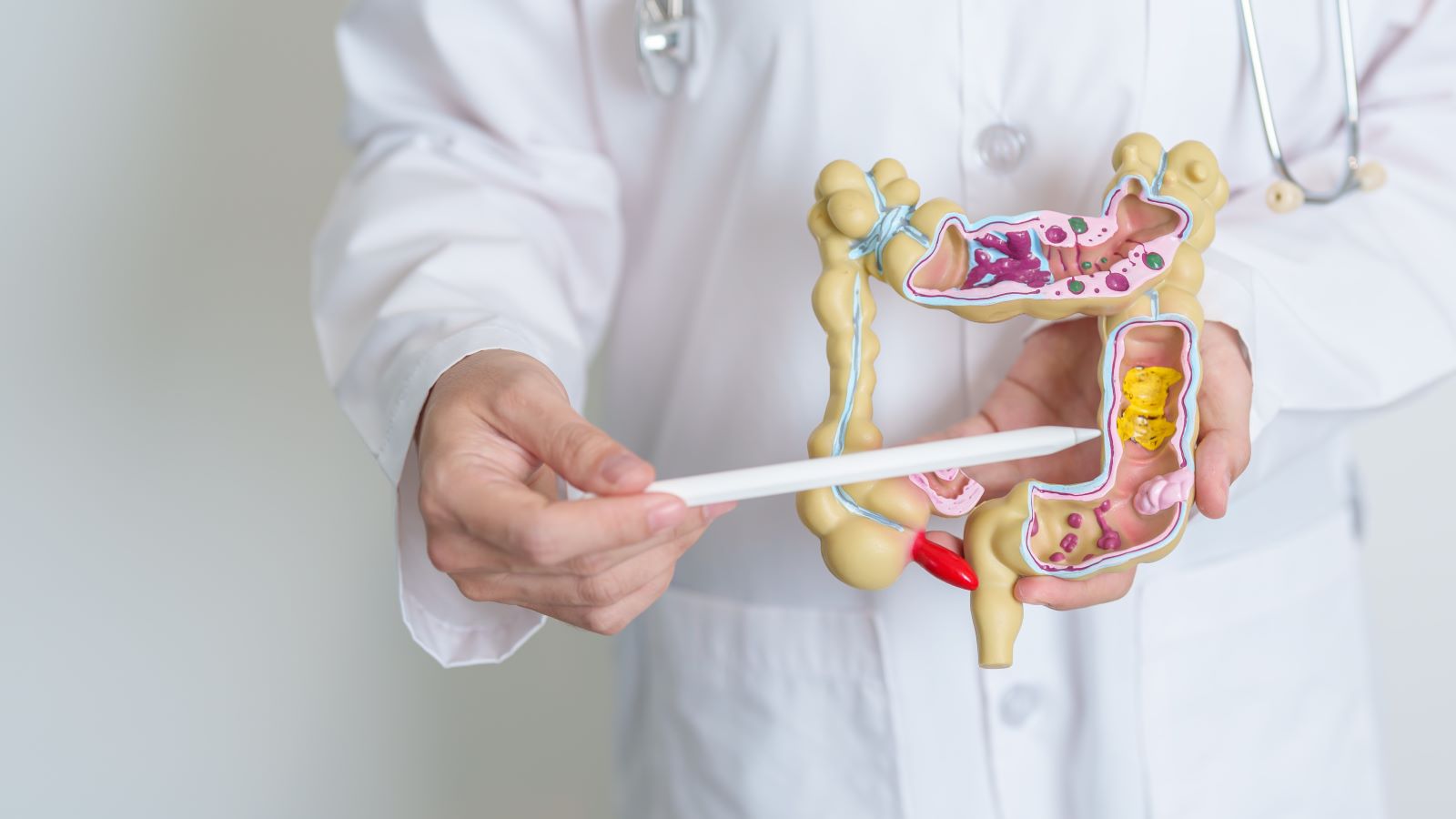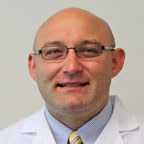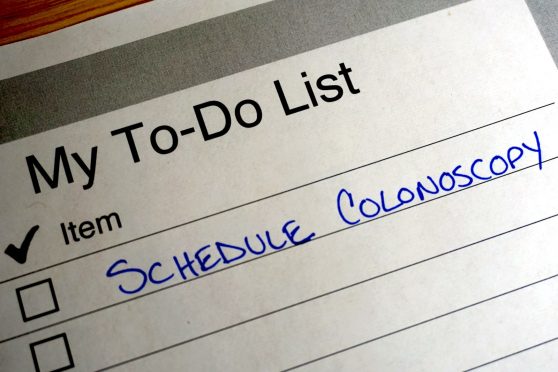Your colonoscopy may not be your most exciting calendar alert, but it can be one of the most important dates you’ll ever have.
Rafal Barczak, MD, a colorectal and general surgeon at Hartford HealthCare, knows it can be unpleasant, but brings the bigger picture into focus.
“A colonoscopy can save your life,” says Dr. Barczak. “With this perspective in mind, there are some simple steps you can take to get through it easier.”
Turns out, it’s all in the preparation – and we’ve got you covered.
1. Book your colonoscopy
Are you due? Here are the latest recommendations, according to Dr. Barczak:
- If you are at average risk — meaning no family history of precancerous polyps or colorectal cancer — colonoscopy is recommended at age 45.
- If you are at higher risk — you have a history of colorectal cancer or precancerous polyps in a close relative before the age of 60 — a colonoscopy is recommended at age 40, or 10 years before the age of the youngest relative at the time of diagnosis.
But why is a colonoscopy so important?
“One of the most common reasons you’ll have a colonoscopy is to screen for colorectal cancer,” answers Dr. Barczak. “It can help identify precancerous growths called polyps that can be removed before those growths transform into cancer.”
For some, a colonoscopy is also a diagnostic tool for gastrointestinal issues.
“We can also use a colonoscopy to identify sources of bleeding, constipation, diarrhea or abdominal pain,” explains Dr. Barczak.
> Related: Are These 5 Myths Keeping You From a Colonoscopy?
2. Commit to colonoscopy prep
You’ll be placed under anesthesia so you’re comfortable during your colonoscopy. During the procedure, a long camera can help identify even small growths.
“The most challenging part of undergoing a colonoscopy is the preparation,” admits Dr. Barczak. “It involves drinking a solution designed to clean out the colon so the endoscopist can have a good look at the entire colon.”
But in order for that to happen, you need a sparkling clean colon.
“Good prep gives the endoscopist a chance to identify polyps that otherwise would have been missed,” explains Dr. Barczak. “These include small polyps, flat polyps that blend with the surrounding colon, and changes in the covering of the colon such as inflammation.”
If you have concerns or questions, check in with your doctor before your procedure.
3. Pick the right prep for you
The good news is that there are many prep solutions available, says Dr. Barczak. This includes tablets, which can be taken in place of the traditional liquid prep.
If you opt for the liquid version, try these tips for making it more palatable:
- Try chilling your prep
- Using a straw can help
- Choose your favorite flavor
> Want more health news? Text StartHere to 85209 to sign up for text alerts
4. Adjust your diet
The day before your colonoscopy, you’ll have to follow a clear liquid diet. This may include foods like:
- Broth
- Clear fruit juice
- Water
- Tea
- Coffee without cream
It’s also a good idea to avoid food that’s hard to digest like whole grains, raw fruit or vegetables, nuts or seeds.
Fiber is another food to avoid, since it bulks up your stool. Foods to avoid include whole grains, fruit, vegetables, beans or lentils.
Your physician can help you with the best foods to eat (and avoid) beforehand.
In the end, all that hard work can save your life.
Colonoscopy prep might not be fun, but it could save your life.
“Colonoscopy is one of a few screening procedures that has been shown to decrease deaths from colorectal cancer,” says Dr. Barczak. “You can prevent cancer by removing polyps, and you can discover cancer at its early stages and avoid future complications.”
If you wait for symptoms to develop from colorectal cancer, it’s more likely to be advanced and have a worse prognosis.
“That’s why a colonoscopy is so important,” says Dr. Barczak. “When you have this screening at an appropriate age based on your family history, this gives you the best chance at preventing the development of colorectal cancer.”



